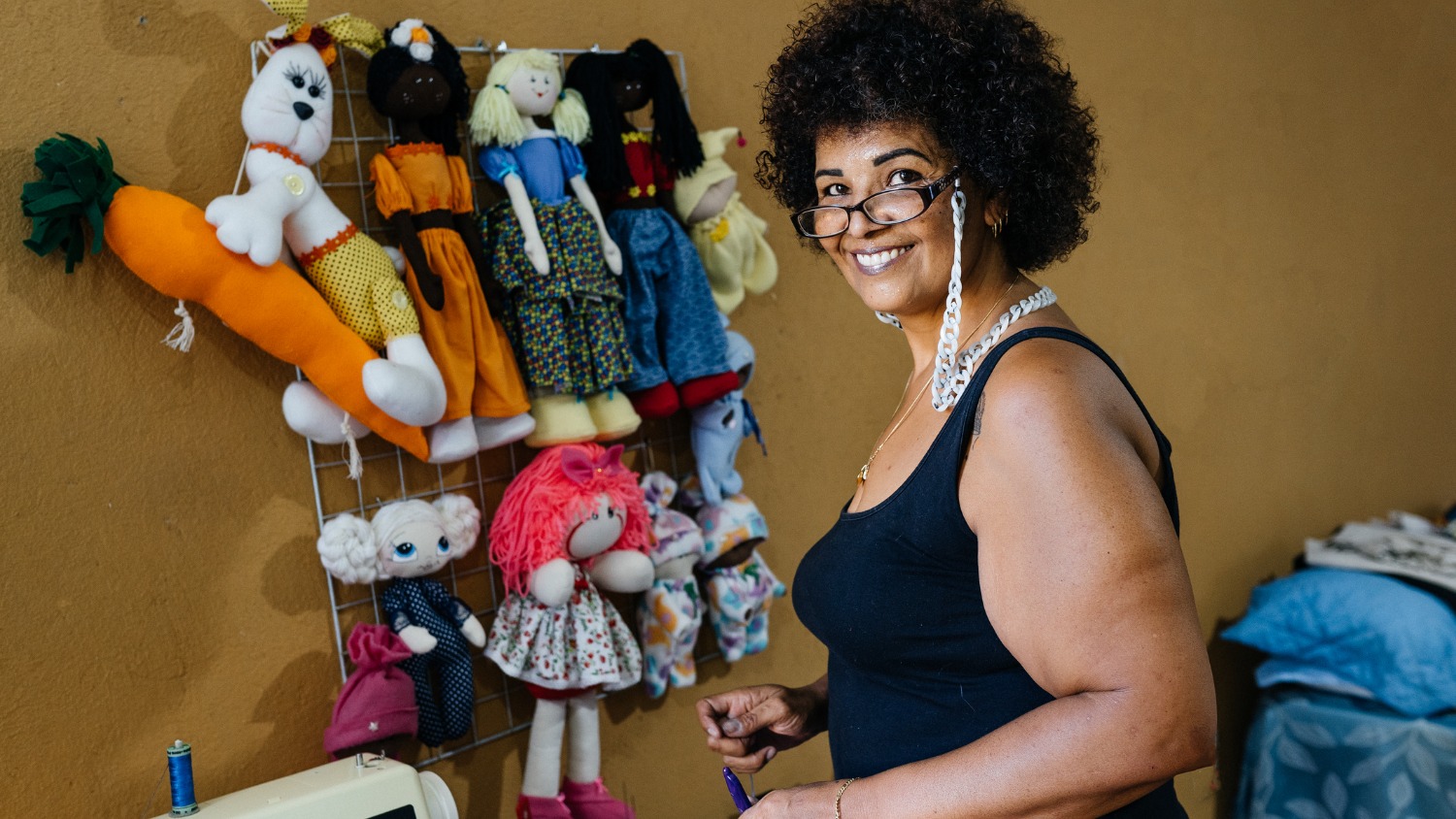60 and Estranged? What You Need to Know About Happiness and 3 Keys to Personal Growth
Family estrangement for women in their 60s is more common than you think. More than 70 million people in the United States report experiencing estrangement from family members. For some, estrangement is a choice due to self-preservation against impossible family circumstances.
Estranged or not, we all want to do better and be better for ourselves and those we love. We are aware of what self-care truly entails by this time. We need to make better food choices, sleep well, exercise, and commit to daily stress-reducing practices.
By the time we enter our 60s, we have heard the importance of having strong relationships and good friends. But what about when your life has been turned upside down from being estranged?
Let’s explore how being cut off impacts well-being. And the importance of diving into practices that will bring us closer to a more joyful life. I often speak to women and remind them it is a choice not to go down with the ship. Having my own estrangement story, I know this choice is critical to picking up the pieces and moving forward.
As a therapist and wellness coach, I always ask about sleep, exercise, stress-reducing techniques, and socially connected gratitude. Daily self-care is the first step to moving forward.
What Threatens Wellness and Happiness
According to Dr. Karl Pillemer, the four threats to wellness and happiness are chronic stress, rejection, broken attachment, and the perils of uncertainty. Chronic stress is the impact estrangement has on one’s physical, relational, and emotional well-being.
The unpredictability of resolution and any desired outcome can cause intense stress. The pain of rejection involves the loss of connection. Being rejected goes against the human need to belong and be included. Broken attachment occurs when family bonds are damaged. Children and adults need secure attachments knowing they are safe and loved.
Pillemer’s fourth threat to wellness, the peril of uncertainty is the limbo state of not knowing when or if there will be a reconnection.
3 Keys to Personal Growth
Practice Mindfulness
Mindfulness is a meditation method that focuses on what one is thinking and feeling in the present, moment without judgment. In essence, it is the training of awareness.
Being attentive to the cascade of thoughts around your estrangement condition can be exhausting. However, it can also be illuminating. Do you tend to catastrophize? Are you self-critical? Do you isolate or compare yourself to others? Are you coping by worrying?
Practicing mindfulness brings your awareness to prepare you for the growth necessary to go the distance. The uncertain nature of estrangement is a marathon, not a sprint. Mindfulness allows for self-reflection without the dive into the rabbit hole of self-deprecation.
When we develop the skill of mindfulness, we are alert to better options and strategies. The patience and determination to slow down long enough to ponder without evaluating can be restorative.
Self-Compassion
As a therapist and wellness coach, I hear the cries of estranged women and men longing to see their kids and grandchildren again. Some estranged for years have accepted their situation and are consistently focusing on self-care.
As they journey, they contemplate their relationship and consider alternative perspectives. They learn to shift out of destructive self-talk and behaviors to find relief from self-compassion. In time they develop skills to consider their role in the estrangement.
In honoring self-compassion, one learns to examine injuries and allow the emotion to have its way without judgment. Tending to the self is an exercise in accepting one’s character, including flaws. For some, it is a painful task to recognize their undesirable behaviors. But when one allows the process of observing and accepting, they can rest in a state of self-compassion. In this way, forgiveness can soften the sting of regrets.
Practice Empathy
Empathy is a virtue, but it is also a skill we can develop. Stepping out of the hurt and wounds of our hearts and finding our way to someone else’s pain is a process. We may not be ready and still need to grieve. We all move forward at our own pace. When we can fully empathize, then we are prepared to look in their eyes with acceptance.
Empathy can be a pathway toward forgiveness. Go at your own pace to reconcile; forgiveness and empathy are excellent companions.
Empathy is putting yourself in another’s shoes and understanding what they might be experiencing. It can suspend the need to personalize another’s actions and see through their lens. Imagine the possibilities that may or may not include emotional and physical abuse.
Adult kids detach for many reasons, such as divorce, parental alienation, inconsistent parenting, and traumatic events. Estrangement in family members can be over disagreements on lifestyle choices and political differences. Inheritances and money also can play a huge role in why people disengage. The shocking behaviors that humans experience and partake in that hurt each other are sad.
My personal growth took a turn when I came to terms with my capacity for horrible behaviors. Through compassion, the lens towards others becomes less judgmental. It is easier to find empathy for another when we are willing to see we can be brutal.
I can tell you that my heart aches every time I hear or read about those who need to estrange or are rejected. However, I become more hopeful as I immerse myself in this heartbreaking topic’s depth. For every angry, estranged adult child, some mothers learn to do what they never thought was possible.
They are experiencing the transformative effects gained from their efforts. They have released themselves from damaging self-talk, forgiven themselves, and released their unreasonable expectations. These brave women and men have created boundaries that preserve their relationships and honor them as individuals.
They choose to live fuller lives, finding peace even though their loved one isn’t ready to reconcile or flat-out refuses. They are courageously entering the gates of self-compassion and leaning into empathy. Mindfully breathing in whatever the day brings, going to bed, and starting over again tomorrow – discovering a life that includes more joy and less stuck.
What one area of personal growth helped you deal with estrangement? What one thing do you wish to know more about? Have you been able to embrace self-compassion?






